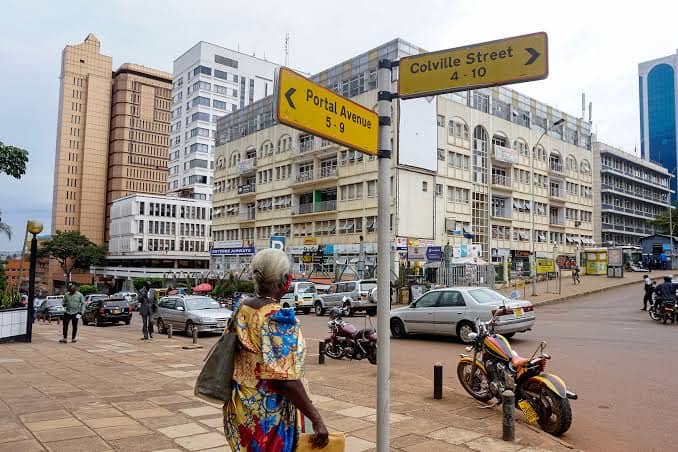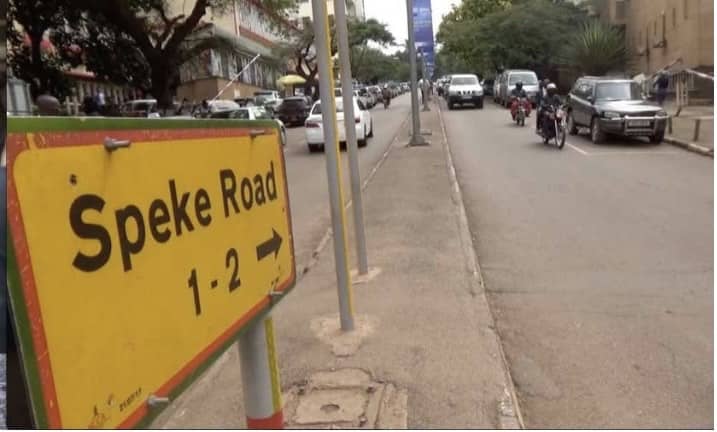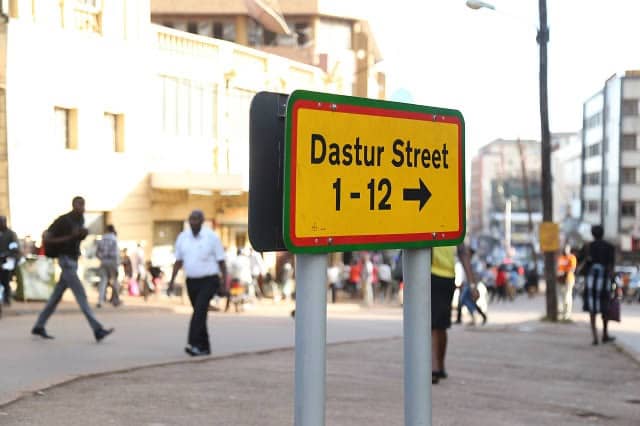“These names are a painful reminder of Uganda’s oppressive colonial past. They perpetuate legacies of exploitation and cultural erasure,” the petitioners argued.
Justice Ssekaana echoed these sentiments in his ruling, emphasising the importance of community identity and national unity.
“This court issues an order directing the respondent (KCCA) to enforce the renaming of streets, roads, and other public places to names that promote harmony, unity, and exemplify the culture, heritage, and values of the Ugandan people,” he stated.
Daniel Nuweabine, the spokesperson for KCCA, acknowledged the court’s decision and affirmed that the renaming process would be thoughtful and inclusive.

“Road naming is a meaningful process that reflects a community’s aspirations and values. We will ensure the new names honor individuals who embody Uganda’s ideals and heritage,” Nuweabine said.
He added that the process would follow the Kampala City Authority Naming Guidelines 2017, which encourage the recognition of Ugandans who have made significant contributions to the nation’s development.
Among the streets likely to be renamed are some of Kampala’s most prominent: Colville Street, Lugard Road, and Ternan Avenue — named after colonial figures like Lord Frederick Lugard, Colonel Henry Colville, and Sir Henry Hamilton Johnstone. These men played key roles in the colonial exploitation of Uganda, particularly in regions like Buganda and Bunyoro, where the impact of their actions is still felt today.
The renaming process will involve extensive consultations with local communities, residents, and leaders to ensure the new names reflect the country’s cultural identity and shared history.
“This is not just a symbolic change,” Nuweabine added. “It’s part of a broader effort to rejuvenate the city and make it more reflective of Uganda’s aspirations.”
John Ssempebwa, the lead petitioner, welcomed the court’s decision as a long-overdue step toward restoring Uganda’s dignity and historical truth.
“The continued honoring of colonial figures undermines our hard-won independence,” Ssempebwa said. These names are tied to individuals responsible for land dispossession, violence, and cultural suppression. Keeping them distorts our history and validates a narrative we must move beyond.”
In response to public interest, KCCA has promised a transparent and inclusive renaming process. Citizens will be invited to suggest alternative names that reflect Uganda’s history, values, and vision for the future.
This consultative approach aims to foster a shared sense of identity and pride, ensuring that every renamed street stands as a tribute to those who shaped the nation’s journey toward independence and progress.

The ruling has sparked broader discussions about the legacy of colonialism in Uganda, with calls to remove not only street names but also colonial-era monuments and symbols.
While renaming these streets is seen as an important victory, many activists believe it’s only the beginning of a larger effort to embrace Uganda’s true heroes and cultural icons.
.


